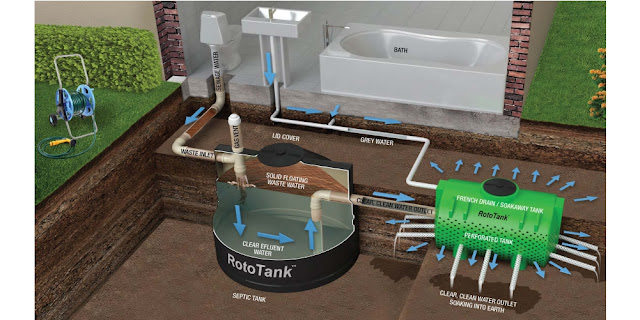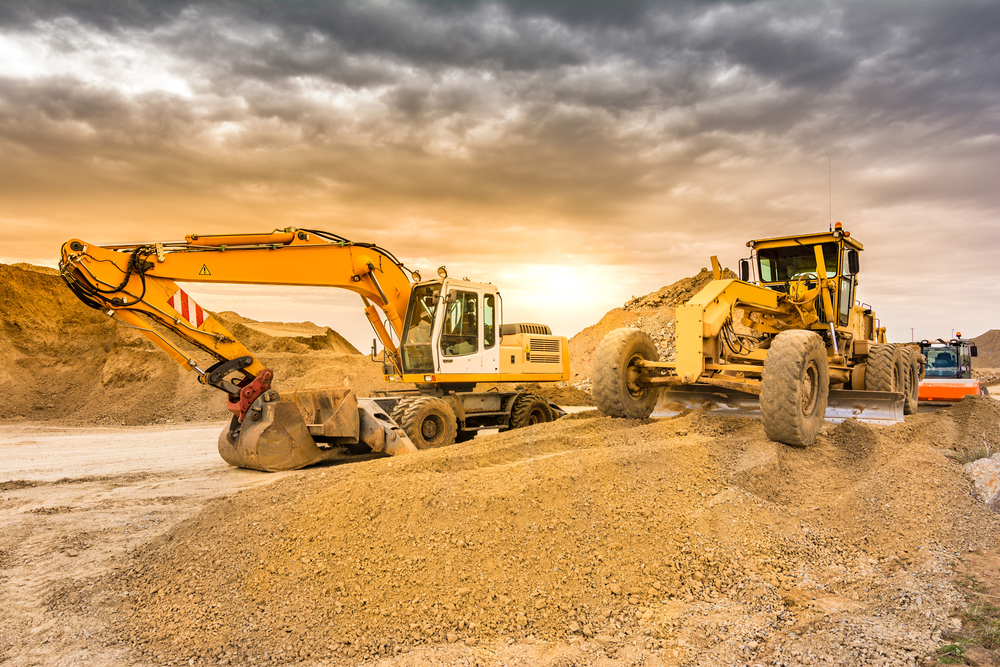What is a heavy haulage truck?
Historical Evolution of Heavy Haulage Trucks
Early Beginnings: The story of heavy haulage trucks began in the early 20th century. Back then, they were just beefed-up versions of regular trucks, but they paved the way for what was to come.
Technological Leap: As time marched on, so did the evolution of these trucks. With advancements in engine technology, materials science, and design, the trucks grew in size and capability.
Today's Titans: Modern heavy haulage trucks are marvels of engineering. They are equipped with powerful engines, advanced navigation systems, and are designed to haul loads weighing hundreds of tons.
Detailed Anatomy of a Heavy Haulage Truck
To really understand what a heavy haulage truck is, let's break down its key components:
Types of Heavy Haulage Trucks
Each type of heavy haulage truck serves a specific purpose. Here's a broader look:
Flatbed Trucks: Ideal for large, bulky items that don't require enclosure.
Extendable Trailers: These can be extended to carry exceptionally long loads.
Low Loaders: Specially designed for transporting tall or heavy machinery.
Modular Trailers: Configurable for different shapes and sizes of cargo.
Tanker Trucks: Used for transporting liquids and gases.
Refrigerated Trucks: Perfect for temperature-sensitive hauls.
"What is a Heavy Haulage Truck?" – An In-Depth Explanation
When we pose the question, "What is a heavy haulage truck?" we uncover a world where size, strength, and engineering ingenuity intersect. A heavy haulage truck is not merely a larger version of a standard truck; it is a specialized vehicle, meticulously designed for transporting loads that are too heavy, large, or unwieldy for conventional transport methods. These trucks are the titans of the transportation world, often seen carrying oversized machinery, massive construction materials, or even entire buildings.
Engineering Marvels Designed for Exceptional Loads
The engineering behind a heavy haulage truck is a marvel of modern mechanics. These vehicles are equipped with powerful engines, some producing horsepower figures that dwarf those of standard trucks, enabling them to move loads that can weigh hundreds of tons. The chassis of these trucks is reinforced to withstand the immense stress of heavy loads, and their suspension systems are designed to maintain stability under extreme weight.
Navigating with Special Permits and Routes
Heavy haulage trucks often require special permits due to their exceptional size and weight. These permits are necessary as the trucks frequently exceed standard legal dimensions and weight limits for road vehicles. Moreover, their journeys are meticulously planned to follow specific routes that can accommodate their size and weight. This careful planning is crucial to avoid bridges or roads that cannot support the heavy loads, ensuring the safety of both the truck and the infrastructure it traverses.
The Sheer Power and Capability
The capability of these trucks is nothing short of astounding. Capable of moving objects as heavy as large construction cranes or as bulky as modular homes, they play an indispensable role in sectors like construction, mining, and large-scale manufacturing. Their ability to transport such items is not just a matter of convenience but often the only feasible way to move such heavy and oversized objects from one location to another.
Operational Aspects of Heavy Haulage Trucks
Operating a heavy haulage truck goes far beyond the act of driving a large vehicle. It encompasses a comprehensive understanding of vehicle mechanics, load dynamics, and stringent adherence to safety standards.
Skills Needed: Precision, Patience, and Knowledge
Drivers of heavy haulage trucks must possess a unique set of skills. They need to be adept at maneuvering these large vehicles through varying traffic conditions and landscapes. Understanding the dynamics of the load, such as how it shifts and behaves during transport, is critical. Additionally, drivers must be knowledgeable about the mechanical aspects of their vehicles to identify and address any issues that may arise during transit.
Maintenance: Keeping the Giants in Top Condition
Regular maintenance is vital for heavy haulage trucks. These routine check-ups involve thorough inspections of engines, brakes, tires, and electrical systems. Given the heavy-duty nature of their work, even minor issues can escalate into major problems if not addressed promptly. Regular maintenance not only ensures the longevity of the truck but also contributes significantly to road safety.
Safety First: A Non-Negotiable Priority
Safety in heavy haulage trucking is paramount. This involves strict adherence to weight limits and ensuring that the cargo is securely fastened and balanced. The drivers must be vigilant about following the designated routes and adhering to all transport regulations. Safety checks are routine before, during, and after each journey to ensure that the truck, its load, and the environment it operates in remain safe.
The Role of Heavy Haulage Trucks in Logistics and Transportation
These trucks are the backbone of many industries. They transport goods that are essential for projects like infrastructure development, renewable energy installations, and more. Without heavy haulage trucks, moving these massive items would be nearly impossible.
Choosing the Right Heavy Haulage Truck for Your Needs
Selecting a heavy haulage truck is like choosing the right tool for a job. It's important to consider:
Capacity and Performance: Assess the weight and size of the load.
Cost: Factor in both purchase and operational costs.
Expert Advice: Consult with industry experts to find the best fit.
Common Challenges and Solutions in Heavy Haulage Trucking
Heavy haulage trucking faces unique challenges such as navigating complex regulations and adapting to technological advancements. Staying informed and flexible is key to overcoming these hurdles.
Conclusion
As we draw the curtain on our exploration of heavy haulage trucks, it becomes clear that these vehicles are more than just large trucks; they are pivotal instruments in the symphony of global logistics. They carry the weight, quite literally, of industries and economies, facilitating the movement of goods that are too large, heavy, or unconventional for standard transportation methods. Understanding what a heavy haulage truck is, helps us appreciate the intricate network of transportation and logistics that operates tirelessly behind the scenes. As we look ahead, the evolution of these transport giants promises to continue in stride with technological advancements, further cementing their indispensable role in our interconnected world.
Frequently Asked Questions
What exactly defines a heavy haulage truck?
A heavy haulage truck is a specialized vehicle designed to transport exceptionally large, heavy, or awkwardly shaped loads that exceed the size and weight limits of standard trucks.
What types of loads are typically transported by heavy haulage trucks?
These trucks commonly transport oversized machinery, large construction materials, modular homes, wind turbine components, and sometimes entire buildings or large industrial equipment.
How do heavy haulage trucks differ from regular trucks?
Heavy haulage trucks are equipped with more powerful engines, reinforced chassis, and advanced suspension systems to handle much heavier loads. They also often require special permits and route planning due to their size and weight.
Do drivers of heavy haulage trucks require special training or licenses?
Yes, operating a heavy haulage truck requires specialized training and often a specific type of driver's license. Drivers need to be skilled in maneuvering large vehicles, understanding load dynamics, and adhering to safety protocols.
What are the safety considerations for heavy haulage trucks?
Safety considerations include adhering to specific weight limits, ensuring the load is securely fastened, regular vehicle maintenance, and following designated routes that can accommodate the truck's size and weight.
Can heavy haulage trucks travel on any road?
No, due to their size and weight, heavy haulage trucks often have restricted routes. They require careful planning to avoid roads and infrastructure that cannot support their dimensions and weight.
How are heavy haulage trucks maintained?
Maintenance for these trucks involves regular check-ups, thorough inspections of engines, brakes, tires, and electrical systems, and prompt attention to any mechanical issues to ensure safety and efficiency.
Are there environmental concerns associated with heavy haulage trucks?
Yes, like all large vehicles, heavy haulage trucks contribute to emissions. However, advancements in technology are leading to more fuel-efficient and environmentally friendly designs.
How does one become a heavy haulage truck driver?
Becoming a driver typically involves obtaining a commercial driver’s license (CDL) with the appropriate endorsements, specialized training in heavy haulage transportation, and gaining experience in handling large vehicles.
What future advancements are expected in the heavy haulage truck industry?
Future advancements may include the integration of more advanced technology for navigation and safety, the development of more environmentally friendly engines, and possibly the introduction of autonomous driving features in heavy haulage trucks.
.png)



Comments
Post a Comment